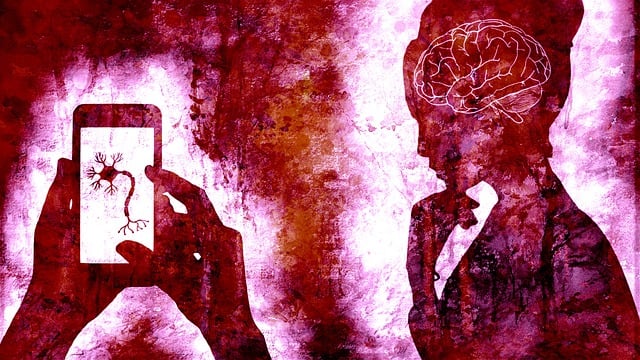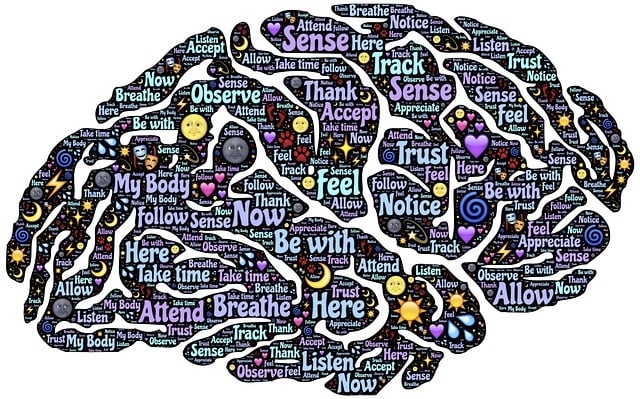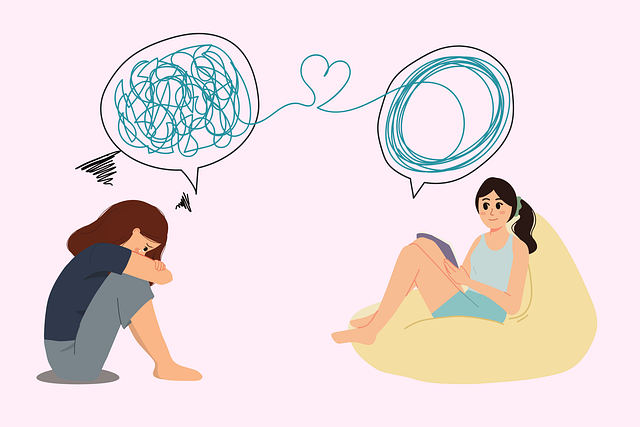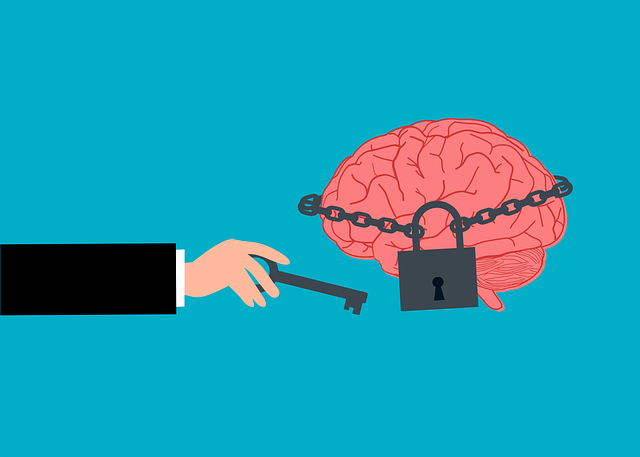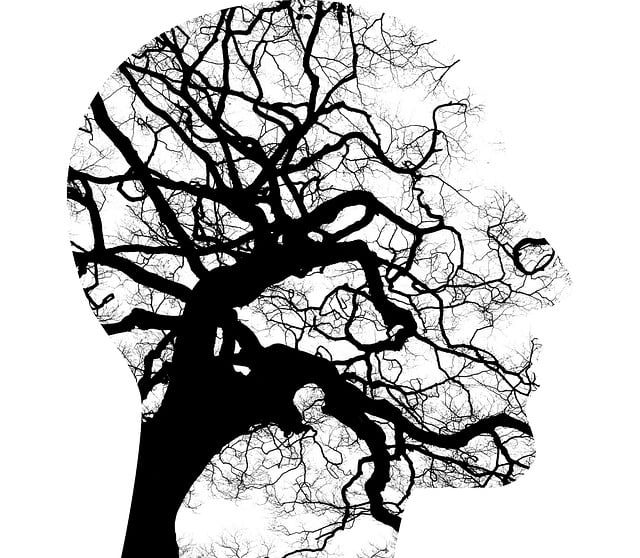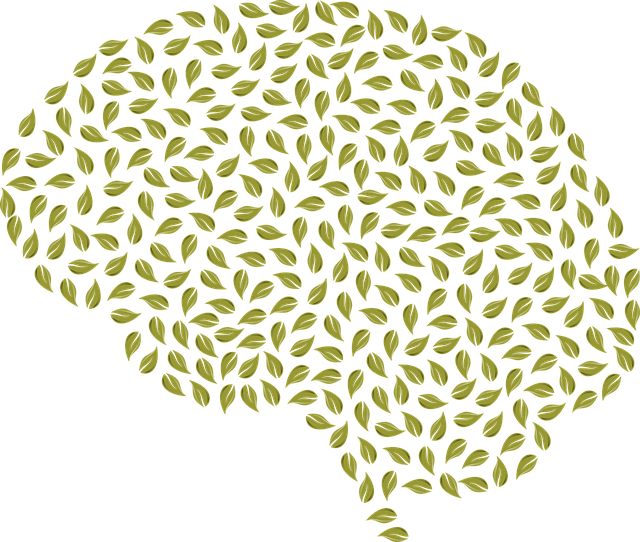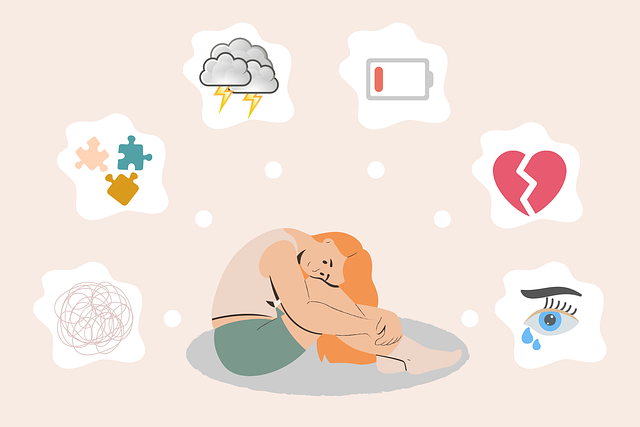Children's unique stress responses require specialized care, with early intervention through EMDR-certified therapists being crucial for mental wellness. EMDR therapy, an innovative treatment for trauma-related stress, uses eye movement desensitization to process traumatic memories and teach effective coping skills. Teaching relaxation techniques like deep breathing and mindfulness meditation empowers kids with lifelong stress management tools. Combining mindfulness practices with evidence-based therapies creates a powerful approach to enhance emotional resilience and navigate challenging situations, supporting mental health policies focused on early intervention for children.
Stress management techniques teaching is an essential aspect of holistic child development, especially with the rise of mental health awareness. This article explores effective strategies to help children navigate and overcome stress, focusing on EMDR therapy—a powerful tool for kids with proven results. We discuss relaxation techniques tailored for young minds, mindfulness integration into daily routines, and creating supportive environments. For parents and educators, these insights can be transformative, enabling them to become certified in EMDR and empower children to lead healthier lives.
- Understanding Children's Stress and Its Impact
- EMDR Therapy: A Powerful Tool for Kids
- Teaching Relaxation Techniques to Young Minds
- Incorporating Mindfulness into Daily Routines
- Creating a Supportive Environment for Stress Management
Understanding Children's Stress and Its Impact

Children experience stress just like adults, but their responses and expressions can differ significantly. Understanding a child’s stress is crucial for effective management strategies. Young minds often internalize emotions, which may manifest as physical symptoms or behavioral changes. For instance, a child might exhibit anxiety through frequent headaches, bedwetting, or excessive irritability. These signs could be indicative of underlying stress that requires professional attention.
Early intervention plays a vital role in promoting mental wellness among children. EMDR (Eye Movement Desensitization and Reprocessing)-certified therapists are equipped to handle these challenges by providing specialized therapy for children. By addressing the root causes, these professionals foster healthy coping mechanisms, ensuring children develop essential life skills to navigate stress effectively. Moreover, integrating cultural sensitivity in mental healthcare practice is indispensable, as it allows for a more inclusive approach, catering to diverse populations and enhancing overall mental health awareness.
EMDR Therapy: A Powerful Tool for Kids

EMDR Therapy offers a groundbreaking approach to treating children with trauma-related stress, making it an increasingly popular therapy for kids. This innovative technique, short for Eye Movement Desensitization and Reprocessing, has been found effective in helping young individuals process and overcome distressing memories and emotions. By focusing on specific memories while engaging in bilateral stimulation, such as side-to-side eye movements, EMDR Certified therapists assist children in reprocessing traumatic events, reducing the intensity of associated feelings.
This therapy isn’t just about memory reprocessing; it empowers kids to develop coping skills essential for managing stress and anxiety. In light of the growing emphasis on Mental Health Policy Analysis and Advocacy, EMDR Therapy has gained recognition as a powerful tool within the mental health community, particularly in raising Mental Health Awareness. It offers a unique, gentle approach tailored to children’s needs, ensuring they receive the support they require for their emotional well-being.
Teaching Relaxation Techniques to Young Minds

Teaching relaxation techniques to young minds is a powerful tool for fostering mental health education in children as early as possible. By incorporating practices such as deep breathing exercises, mindfulness meditation, and progressive muscle relaxation into their daily routines, kids can develop essential coping mechanisms that will serve them well throughout their lives. These techniques are particularly beneficial for those experiencing stress, anxiety, or trauma, as they offer natural and effective therapies for children.
With the help of EMDR-certified professionals, mental health education programs can be designed to teach these skills in a way that is engaging and accessible for young learners. By integrating evidence-based practices like Eye Movement Desensitization and Reprocessing (EMDR), risk assessments for mental health professionals can be minimized while ensuring the well-being of the children. Such approaches not only promote positive thinking but also empower kids with the knowledge to regulate their emotions, enhancing their overall resilience and ability to navigate life’s challenges.
Incorporating Mindfulness into Daily Routines

Incorporating mindfulness into daily routines can be a powerful tool for managing stress and promoting mental well-being, especially when combined with evidence-based therapies like EMDR (Eye Movement Desensitization and Reprocessing). For children struggling with stress or trauma, therapy sessions that integrate mindfulness techniques offer a unique and effective approach. This method teaches young individuals to stay present, observe their thoughts and emotions without judgment, and develop a deeper sense of calm. By integrating mindfulness into their daily lives, children can gain valuable coping skills that enhance their ability to navigate challenging situations and reduce stress responses.
EMDR-certified therapists play a crucial role in guiding children through this process by utilizing techniques such as guided meditation, body scans, and mindful breathing exercises tailored to their age group. These practices not only support trauma support services but also foster resilience and emotional regulation. Moreover, incorporating mindfulness into routines aligns with the broader Mind Over Matter principles, empowering children to take charge of their mental health and develop healthy stress management strategies that can benefit them throughout their lives.
Creating a Supportive Environment for Stress Management

Creating a supportive environment is paramount in teaching effective stress management techniques, especially for children who may struggle with expressing their emotions. A nurturing atmosphere can significantly enhance the impact of therapy sessions. This involves ensuring the space is safe, comfortable, and free from potential stressors. For instance, a therapist using Eye Movement Desensitization and Reprocessing (EMDR) certified in child therapy will create a calm environment, utilizing techniques like soothing music and visual aids to help children relax. This preparation allows them to engage more openly with the process, making therapy for children more accessible and beneficial.
Self-care practices are also integral to this environment. Mental health professionals must prioritize their well-being to avoid burnout, which can hinder their ability to support clients effectively. Community outreach programs implementation that promote awareness about stress management among parents and caregivers further strengthens this supportive network. Additionally, a thorough risk assessment for mental health professionals is crucial to ensure the safety of both practitioners and clients, fostering an even more secure environment for learning and healing.
Stress management techniques teaching is a vital tool for empowering children to navigate life’s challenges. By understanding and addressing childhood stress, we can foster resilient individuals equipped to cope with emotions effectively. Therapies like EMDR, combined with relaxation and mindfulness practices, offer evidence-based approaches that certified therapists can guide young minds through. Creating supportive environments and incorporating these techniques into daily routines enables children to develop healthy coping mechanisms, ensuring they thrive in a stressful world.

